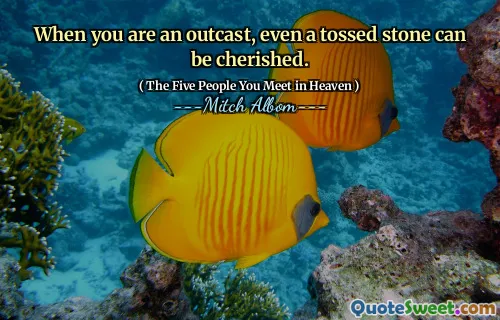
Everybody wants to be liked, and if you're saying otherwise, you're lying.
The intrinsic human desire to be liked by others is a fundamental aspect of our social nature. From childhood to adulthood, many seek acceptance, approval, and validation from peers, family, and society at large. This craving often influences our behaviors, decisions, and self-perceptions. When we reflect on the quote, it becomes apparent that acknowledging our desire to be liked can serve as a foundation for understanding ourselves better, as well as fostering genuine connections with others. Denying this innate need might lead to superficial interactions, social withdrawal, or inauthentic behavior, which can ultimately hinder personal growth and relationship building.
Recognizing that wanting to be liked is a common human experience can also remind us to cultivate empathy and compassion. It encourages us to accept others' imperfections, as everyone harbors similar desires. The truth of this statement is especially poignant in the age of social media, where external validation has become a commodity, and the pressure to be liked can sometimes lead to surface-level interactions or even mental health issues like anxiety and depression.
At the same time, understanding this truth can inspire us to prioritize authentic connections over superficial approval. It challenges us to reflect on whether our actions are driven by genuine values or seek solely external validation. Embracing our vulnerabilities and being honest about our need to be liked can foster more meaningful relationships where mutual understanding and acceptance thrive. Ultimately, acknowledging this universal desire can be a step toward greater self-awareness and healthier interpersonal dynamics.
---Matt Mitrione---






